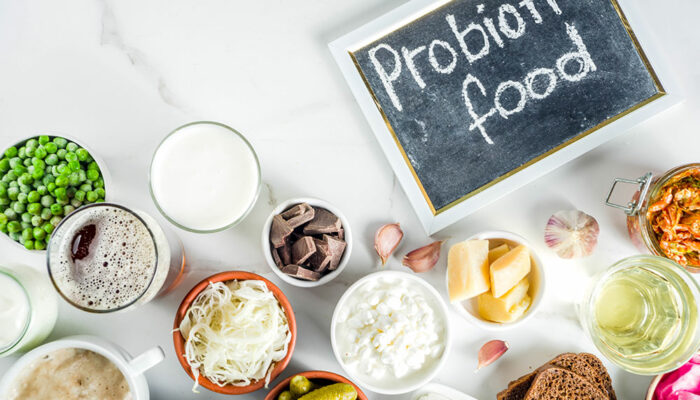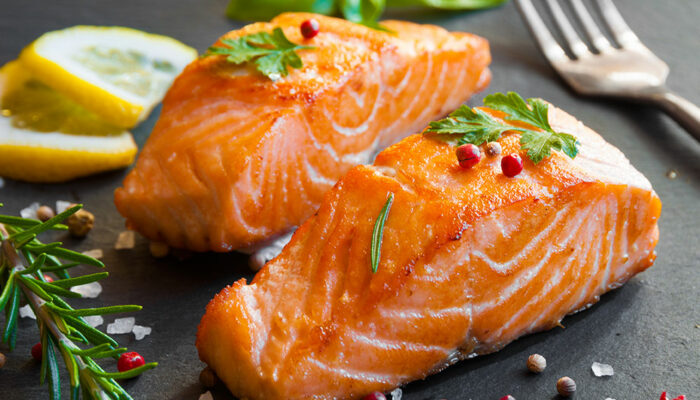
health
Osteoporosis – Foods to eat, symptoms, and home remedies
Osteoporosis is a bone condition where the bones become brittle, which leads to their weakening and creates a high possibility of fractures. There are about 54 million people in the United States who have this condition. Although it occurs in both men and women, the latter are more susceptible to developing the disease. Fortunately, there are factors like the right foods to eat, avoid, and home remedies, to keep the condition in check. Foods to eat Dark leafy greens Kale, cabbage, and collards contain calcium, while other dark leafy greens contain magnesium and vitamin K. These properties together help fight osteoporosis. You can also try spinach and Brussel sprouts which are also rich in such nutrients. Eggs Eggs are rich in vitamin D, which helps manage osteoporosis. It can also monitor a calcium-binding protein in the body that can regulate when calcium is absorbed. Dairy products Dairy products are excellent sources of calcium, which acts as the primary nutrient when it comes to better bone health. Dairy products include cheese, yogurt, and milk, while other substitutes such as soy milk, tofu, and almond milk also have good calcium content. Fruits Fruits like figs and kiwis are rich in vitamin A, C, and K, which help improve the density of bones.
Read More 








